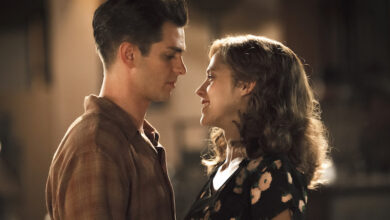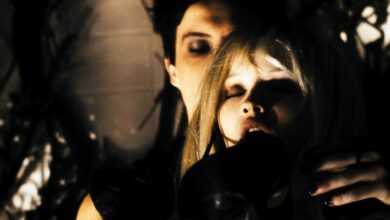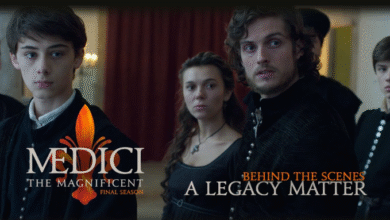Bright Star – A Love So Pure It Hurts to Breathe
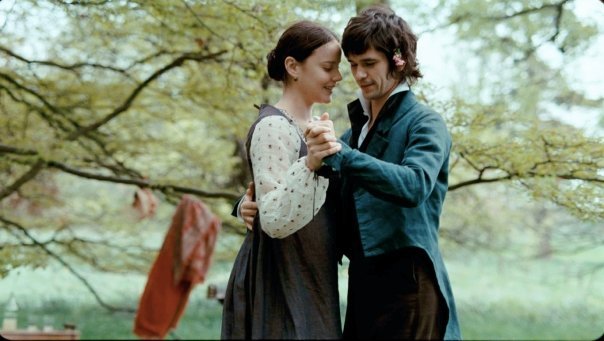
A Fever Written in Ink
There are films about love. And then there are films that are love—aching, forbidden, slow-burning like parchment over candlelight. Bright Star (2009), directed by Jane Campion, isn’t just a period drama; it’s a lingering ache across time, a whisper pressed to the neck, a love too fragile to survive yet too fierce to be forgotten.
Set in 19th-century Hampstead, the story isn’t loud—it doesn’t need to be. It’s a ballet of glances, poems, and silences heavy with longing. Campion doesn’t film bodies. She films souls. And in this case, two souls trying to love without ever being allowed to fully touch.
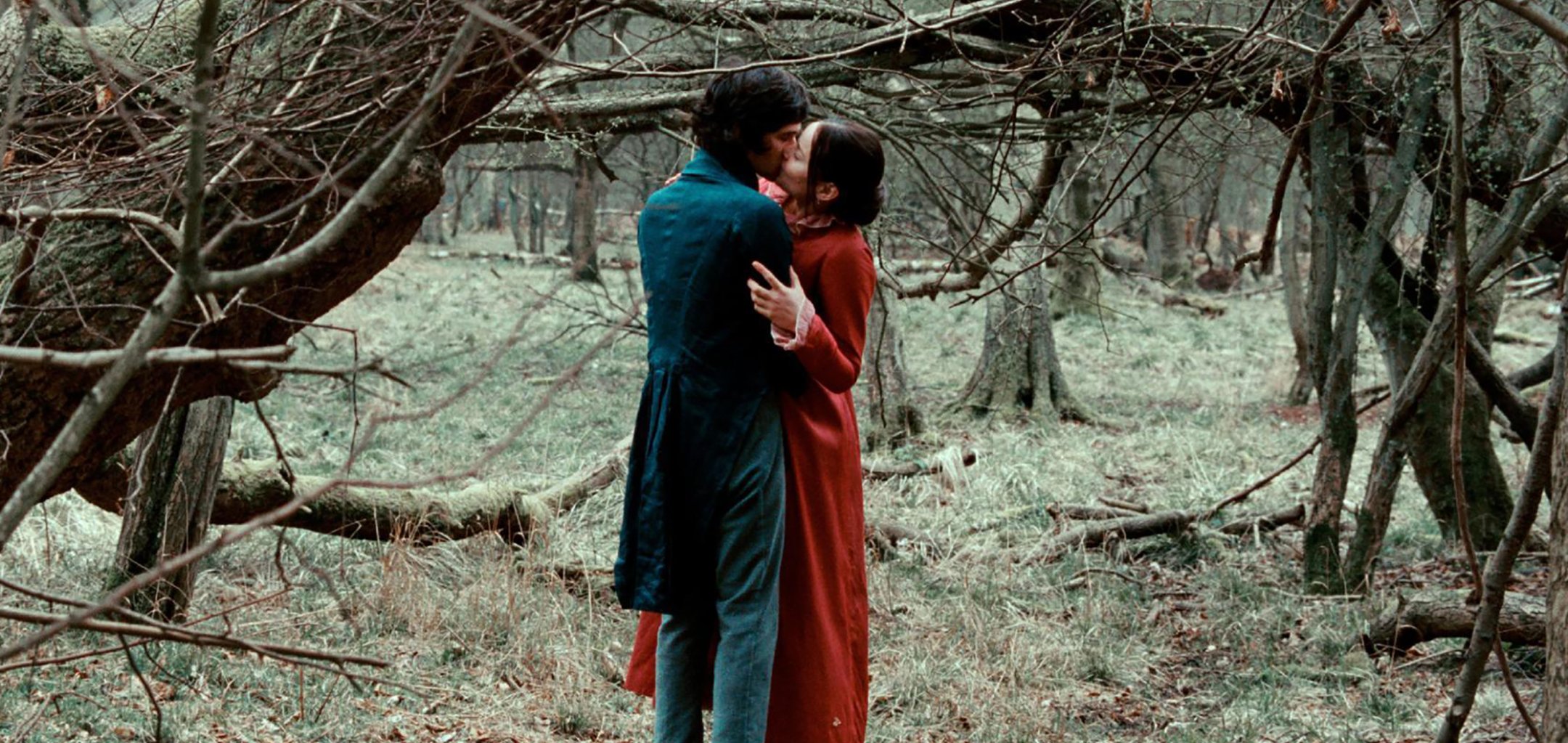
Fanny Brawne: The Muse Who Refused to Fade
Fanny Brawne (Abbie Cornish) isn’t your typical Victorian woman. She sews her own scandalous outfits, speaks with flair, and walks through the male-dominated world as if daring it to challenge her. She’s fire disguised as lace.
Her fascination with the quiet, sickly poet next door—John Keats (Ben Whishaw)—isn’t about power. It’s about poetry and flesh. She reads his lines not with her eyes, but with her body. Every stanza is a caress. Every sonnet, a surrender. And when she finally says, “I have your name written on my heart,” it feels less like romance and more like a scar.
John Keats: The Poet Who Loved Like a Dying Man
Ben Whishaw gives Keats the delicate, haunted intensity of a man who knows his time is slipping through his fingers like spilled ink. He’s poor. He’s ill. He has no future. But what he has is Fanny. Or at least, the space between them.
Keats doesn’t seduce with kisses—he seduces with words. With metaphors that taste like skin. With verses that make you want to undress slowly and cry. There is no eroticism in their relationship, yet it’s one of the most sensual romances ever filmed. Because their passion exists in the waiting. In not touching. In almost.
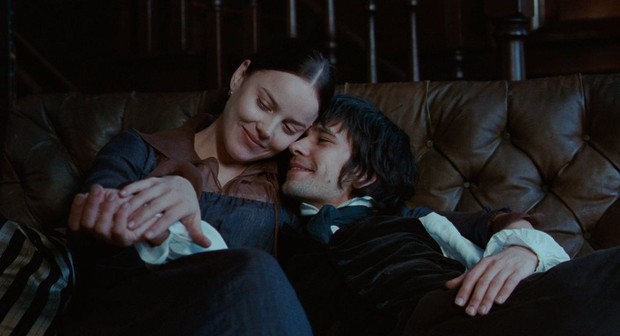
The Cinematography: Desire in the Details
Campion’s camera doesn’t rush. It lingers on hands, the flick of a hem, a window catching light like a lover’s sigh. There are no sweeping violins. No grand declarations. Only the quiet sound of a heart breaking, line by line.
The lovers are often separated by doors, branches, or illness. And yet, the screen burns. You feel it in your spine—the ache of wanting to touch, but knowing you never fully will. Their love is one long edge of restraint, and it is unbearable in the most beautiful way.
Why It Hurts: The Price of Poetic Love
Bright Star is painful not because of what happens—but because of what never does. It’s a romance haunted by reality. Class, disease, and death all conspire to keep them apart. But still, they try. Still, they hope. And when Keats dies in Rome, Fanny isn’t just mourning a man—she’s mourning the possibility of ever feeling that deeply again.
This isn’t a movie you watch. It’s one you absorb through the skin. Like a fever. Like a letter slipped under your door at midnight, written in a hand you know better than your own.
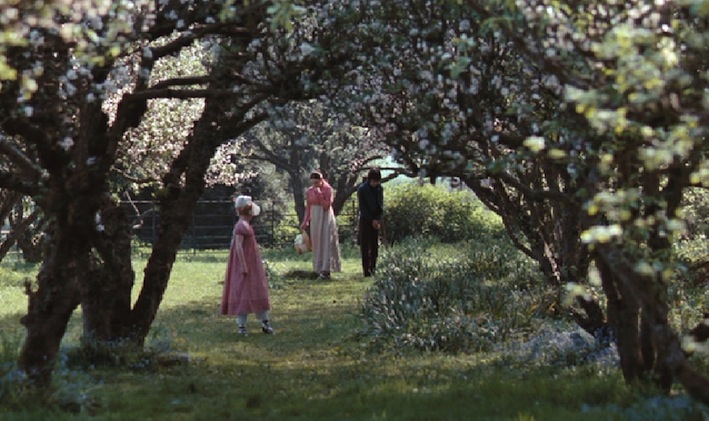
A Love That Outlives the Flesh
Bright Star is not for those who crave action or noise. It’s for those who understand that the deepest hunger is often silent. That the most erotic moments aren’t in naked bodies—but in the eyes, in the breath, in the words you dare not say.
Because sometimes, the most unforgettable love stories… are the ones that never quite get told.


